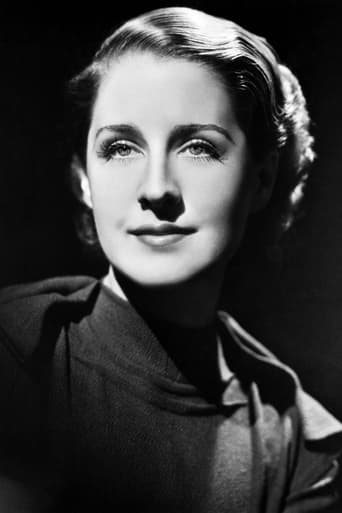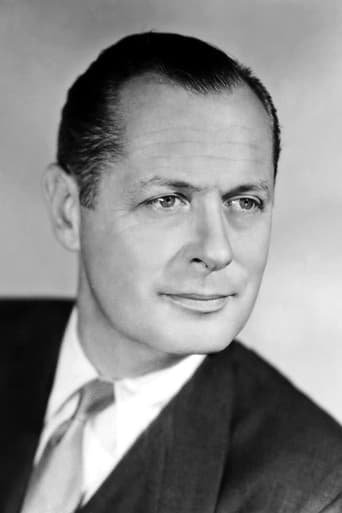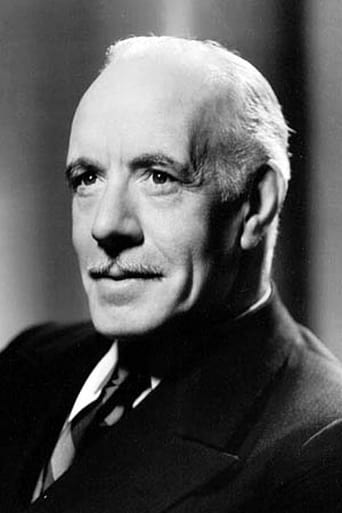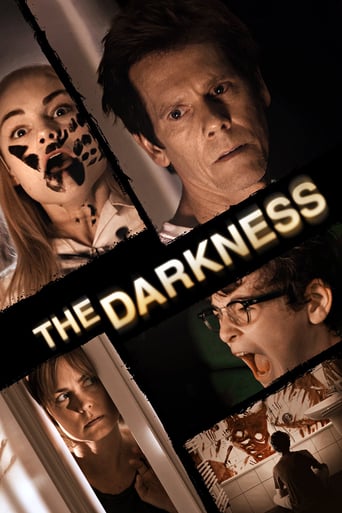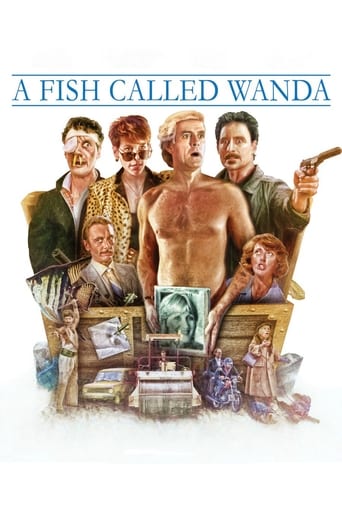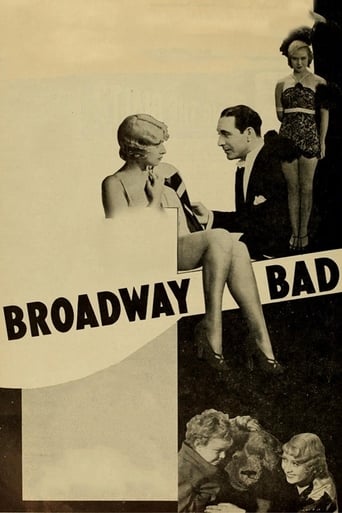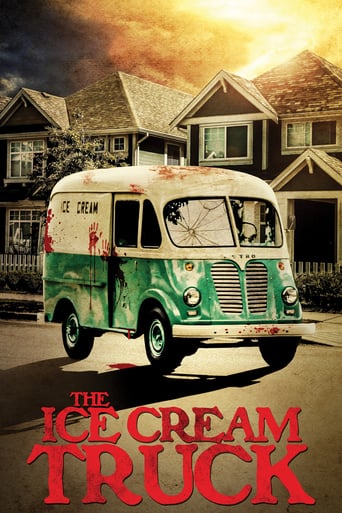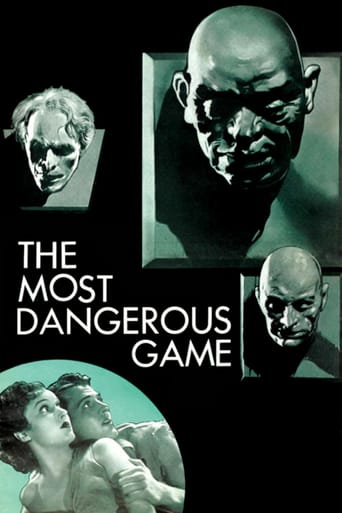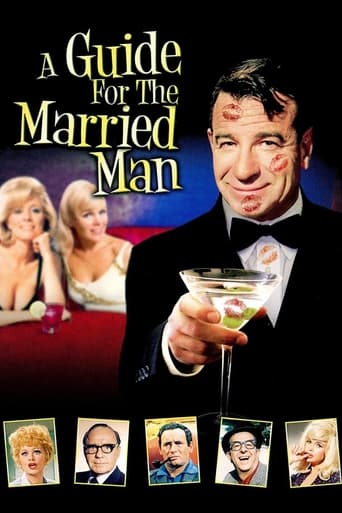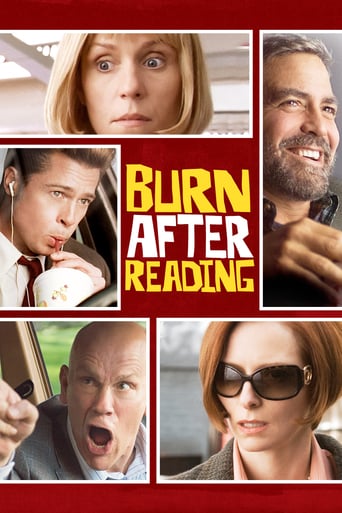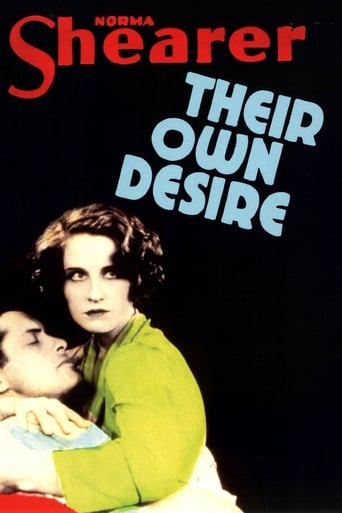
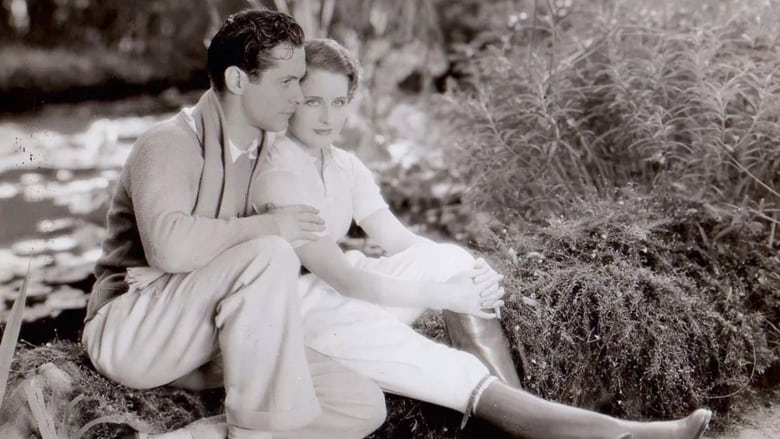
Their Own Desire (1929)
Lally is a rich girl whose father writes books and plays polo. After 23 years of marriage her father decides to divorce Lally's mother and remarry to soon-to-be-divorced Beth Cheever. This sours Lally on all men. While on vacation with her mother she meets Jack, who succeeds in stealing her heart. Then Lally discovers that Jack is the son of Beth Cheever, the woman who is to marry her father.
Watch Trailer
Cast


Similar titles
Reviews
Today, most women initiate divorces. But there was a time when it was the other way around since women had few options outside of the home. If you were a woman, you'd just better hope that as the bloom fell off of your rose that your husband did not get the 7, 17, or 27 year itch. This is about the impact of one of those marriages with an itchy husband, an unlikely cad, Lewis Stone as Marlett.I like how this movie takes the time to build up the characters, always a trademark of screenwriter Frances Marion. A great deal of time is spent in the beginning to show the respect and friendship wealthy author Marlett has with his only child, Lally (Norma Shearer). Then a tell - she asks her dad as they walk up the drive, what book he is working on. He says it is a romance involving a 45 year old man. She, about 20, laughs at the idea. Marlett says that the middle aged are made of flesh and bone too. That life is not over at 30 as youngsters think, and that they thirst for romance, that "last" romance, indicating that dad might be thirsty. When they get to the top of the drive, the slender and glamorous Mrs. Chevers is talking to Lally's mom about her son, Doug, who is away at Princeton. Lally's mom is graying, a bit overweight, a bit sedentary, and Marlett calls her affectionately "mama". Indicating that he thinks of her as first Lally's mom - and a good one - and then a wife.A year passes and Marlett and his wife are planning to divorce, as is Mrs. Chevers from her husband, but Lally yet knows none of this. She walks into her dad's study and catches Mrs. Chevers and her father in a passionate embrace, talking of marriage. Then her dad tries to justify it. He says that he and her mother are not the same boy and girl who made all of those promises 23 years before. I like Lally's translations - that perhaps he sees her mom as fat and a bit boring "unlike the slick Mrs. Chevers". He says he intends to keep the house. She reminds him that doesn't matter to her since her mom is being bundled out of that house and Mrs. Cheever is being brought in to replace her. Lally says her final goodbye to him and plans to never marry because she will not be made a fool of as her mother has been, and the male sex has fallen mightily in her esteem because of her father's fall, which he won't even acknowledge as a misdeed.So off go mother and daughter for a summer vacation before mom goes to France for a divorce, which was the custom in that day. When Lally reiterates her vow to never marry, her mom is happy, which seems odd. Meanwhile, back at the ranch, Marlett is not succeeding at hanging out at his old haunts with his new mistress. They both get the cold shoulder from everyone. I'm not sure why this scene was in here other than to show that people did pass moral judgment on affairs and homewreckers at that time, and that a smooth transition did not await them both if they proceed.On vacation, Lally meets a guy (Robert Montgomery) who really fancies her. They dance, they enjoy each other's company, and maybe Lally is softening on men just a bit until she discovers his full name - Jack "Doug" Chevers - son of the woman who has ousted her mother, a symbol of why she decided to not take men seriously in the first place.So Lally is one confused girl. She has a mom who encourages her to play the field due to her own bad experience with marriage. She has a dad who thinks "until death do we part" is just a phrase people like to kick around at weddings, and she has a beau who is insisting on marriage now - as in right this minute. How will this all work out? Watch and find out.This is very good writing by Frances Marion who had already had a couple of short lived marriages that did not work out and one that did that ended in her husband's sudden death just the year before. Thus she could approach this subject of love from the viewpoint of someone who had seen all of the angles. I'd highly recommend it.
Their Own Desire (1929) ** 1/2 (out of 4) Early MGM talkie has Norma Shearer playing a woman who falls in love with a man (Robert Montgomery) not knowing that he's the son of the woman who stole her father (Lewis Stone) away from her mother. This is pretty good drama that manages to have some very good scenes but also some very bad scenes. It's really strange but everything in this movie is either very good or very bad and that's everything from the performances to the story to the direction. The story is an interesting one but everything to do with Shearers mother is poorly written. We're suppose to feel sorry for her mother but the way her role is written we actually start to hate her because she causes so much trouble for her daughter that we can't stand her. The ending also doesn't work because it's so over the top in a bad way but this is after a terrific scene where Shearer and Montgomery get caught in a storm. Shearers performance is also very hit and miss as at times she's very good but at other times she brings laughter, which certainly wasn't intended. Just take a look at the scene where her father admits that he's divorcing her mother. Shearer's acting here is so silly that I couldn't keep a straight face. Montgomery is also very over the top but it's a fun performance. Stone, once again, is hit and miss but for the most part he works fine. The sound quality of the Vitophone track is very good.
I rate this movie highly not because it's all that great but because it's a fascinating piece of movie history. There are no seamless edits - the end of one take often doesn't match up with the beginning of the next. Scriptwise, more is implied than said. In one conversation, Norma Shearer is clearly about to say the word "mistress", but bites her lip and spits out the name of her father's paramour instead. Yet fifteen minutes later she's standing in a slip while brushing her hair, and her nipples are clearly outlined through the fabric. Shocking, I tell you! My favorite scene was the dance sequence, which features a wonderful, haunting piece of music called "Blue Is The Night" by Fred Fisher.Overall this movie was interesting as an exercise in contrast and comparison with modern films. There are better films from that era - there were probably better films made that week - but I didn't mind spending 65 minutes with these people. I was duly entertained.
This film is sociologically fascinating but dramatically rather weak. It also would make a good case study for a psychology class, as Norma Shearer's character (Lally) has to deal with others who are variously manipulating, controlling and irresponsible (I won't spoil it by telling you who does what). The sociological fascination comes from the depiction of the idle rich who ride polo ponies, go to Lake Michigan resorts, dress smartly and tolerate `modern' young women like Lally - and from the dynamic between men and women. The dialogue seems unusually terse by 1929 standards - much is left unsaid, and the film is better because of it. Shearer is quite good; she carries the film with apparent ease. Unfortunately, Belle Bennett is clearly ill at ease with sound. She was quite popular and acclaimed for her silent work, especially Stella Dallas, but here she brings little life to her role.


